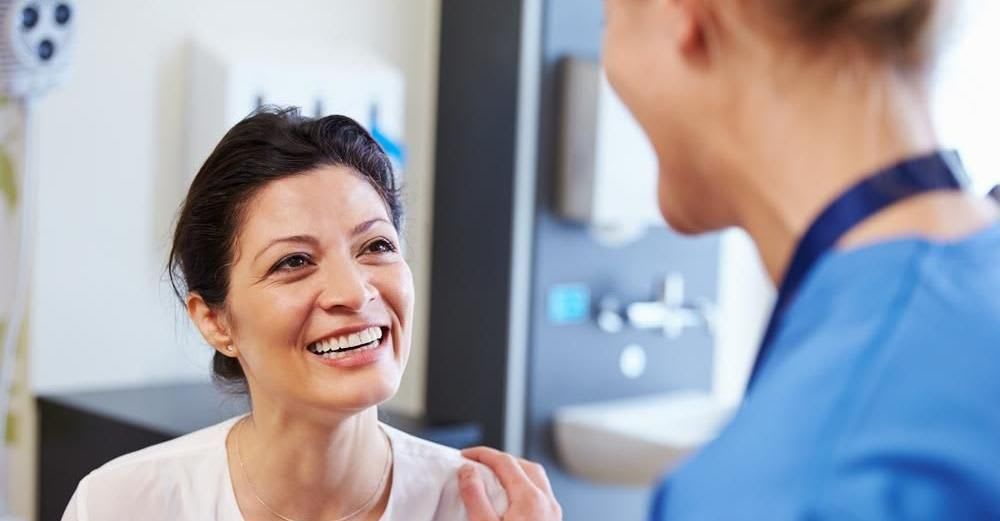6 Essential Experiences for Every Medical Student
It’s more than the MCAT and good grades—it’s experience and compassion, too—that will get you into medical school. If you’re getting your medical school application together, make sure you have at least one essential experience on your resume. Let’s take a look at six essential experiences for every medical student.
- Student Tips

Thinking about applying to medical school? In a pre-medical or post-baccalaureate program? It’s more than just great grades and stellar MCAT scores. It’s about who you are—and what you do. Great physicians have not only the intellectual wherewithal but the emotional and social, too.
Before you apply, make sure you pursue some worthwhile clinical experiences. Show you care—and develop a deeper appreciation for the medical field. Plus, you might even learn something.
Let’s take a look at six essential experiences that you should pursue before you get to medical school.
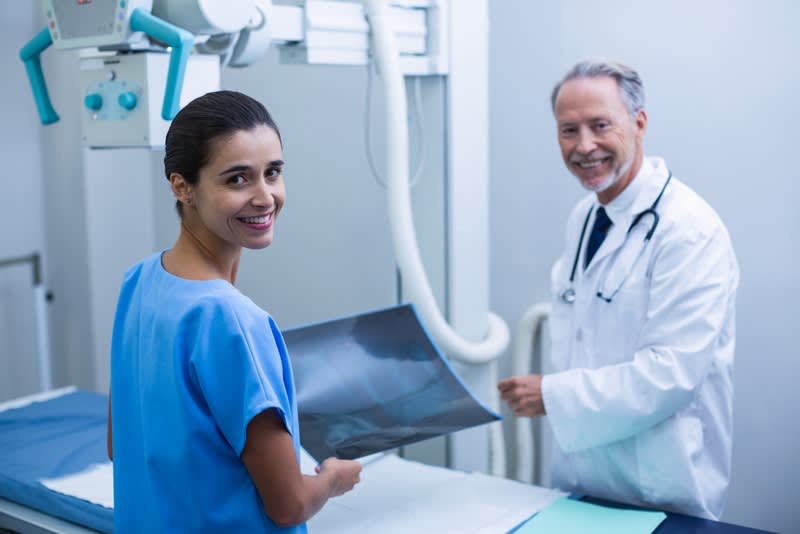
1. Shadow a physician.
Perhaps the most important experience you can have. By shadowing a physician, you see and experience—firsthand—the daily ins and outs of practicing medicine.
How do you find opportunities to shadow a physician? For some, it’s a personal connection. Asking a friend or family member who is a physician if you can tag along for the day is one approach. If you don’t have that option, contact your school’s career and internship office to see what you can set up. Your advisor is another resource who can point you in the right direction.
Another possibility? If you’re comfortable, ask your doctor, or someone in your doctor’s practice if you can shadow for a day.
Once you can establish a comfortable connection, ask—and explain why you want to shadow, and what you hope to achieve.
Your role? Silent observer. Carry a notebook and jot down ideas and questions that you can share and ask at the right time. Never interrupt and always maintain patient confidentiality.
Be sure to send a thank you note after you shadow—and don’t be afraid to contact the office later for a recommendation, if appropriate. Not only will you learn something—you’ll increase your chances of getting into medical school, too.
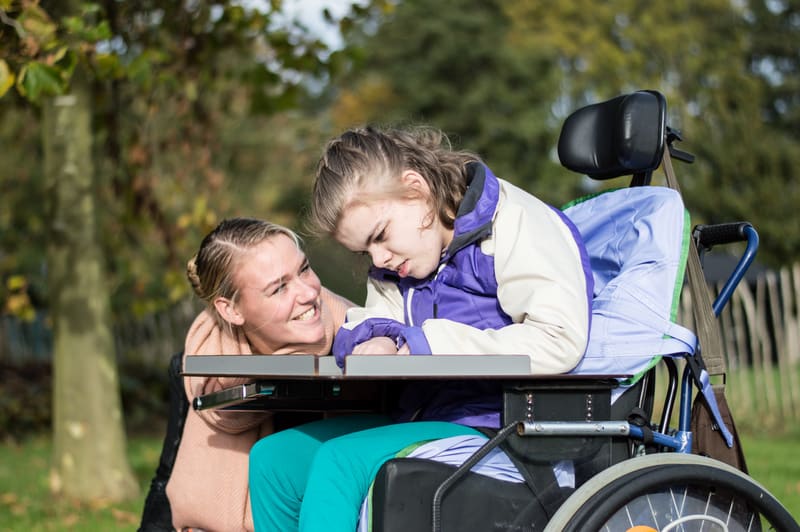
2. Counsel children with special needs.
If you truly want to understand the amount of patience and empathy you need to have to be a good physician, spend some quality time with children who have special needs.
Spend a summer, or a school break—or even 2-3 hours per week during the school year—volunteering with children who have special needs.
Not only do you have the opportunity to develop lasting positive relationships with children, but you also gain insight into pediatric medicine, lifestyle options for special needs patients, and child psychology.
If you’re interested, contact your school’s career office. They can connect you with volunteer opportunities at your local hospital or children’s center, and to camps and activities designed for children with special needs.

3. Find a research project.
If you’re less interested in clinical medicine and want to go into research, find a summer research opportunity.
Have a specific interest? Contact a professor in that department at your school and see if you can work or volunteer in the lab over the summer.
Another approach: contact specific scientific research internship programs that match your interest. If you need help, contact your advisor, career placement office, or internship office.
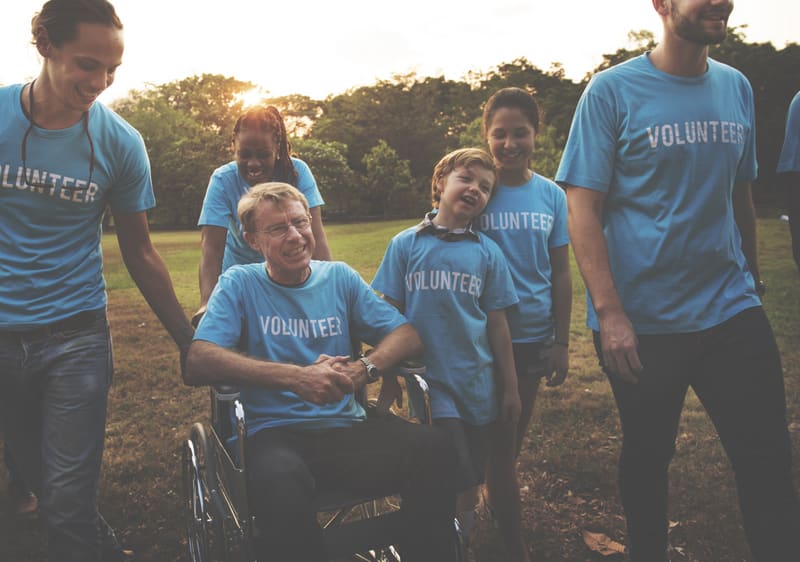
4. Volunteer in an underserved community.
Demonstrate your compassion for those in need and gain a critical understanding of the medical and economic challenges underserved communities face.
Show your commitment to access to medical treatment for all populations by working with—and respecting underserved populations. You’ll gain a new respect for the profession—and for humanity.
The best bet? Contact the volunteer office at your local hospital and explain what you want to do. If they don’t have direct opportunities for you, they’ll know where to send you.
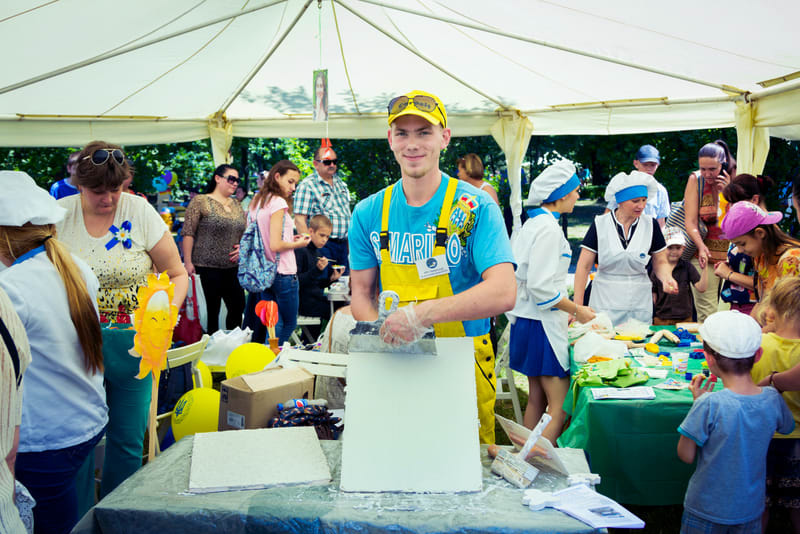
5. Join a medical program abroad.
Pick a summer and go abroad. Understanding how medicine works around the world will only broaden your experience and depth of knowledge. You’ll gain clinical experience, language experience, and maybe even some empathy for other cultures.
Be careful—don’t do it just to boost your resume. Do it because you truly want to experience the medical field from a different perspective.
Unsure where to find an experience? Try the Red Cross, or Global Medical Brigades. You may also be able to find opportunities locally by contacting your local hospital to see if they have any programs for aspiring physicians.

6. Scribe.
Join the latest trend in medical record keeping. With the increased requirements for documentation, physicians often hire people just like you to “shadow” them (see#1) and help record medical histories and exams in patients’ electronic medical records.
While you have no direct patient contact, you essentially shadow doctors as they work. You’ll probably work in an emergency department or hospital, and have the chance to see patient-physician encounters and learn documentation skills. You’ll also have first-hand access to lab results, radiologic findings, and admission and discharge notes.
Not only does this enrich your understanding of medicine and increase your chances of getting into medical school, but you can get paid to do it, too.
Bottom line? Show initiative, diligence, and care. Above all, mean it.
Read more tips for making a difference with your medical studies.
Read related articles
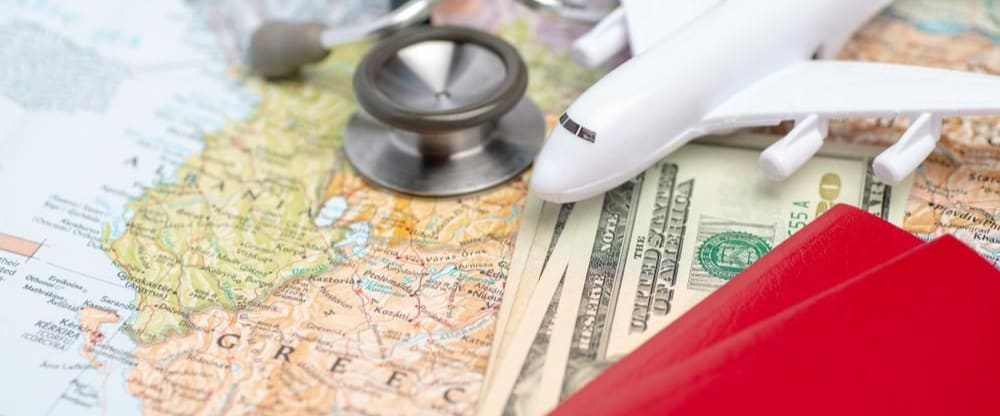
What You Should Know If You Want To Practice Medicine Abroad

Five Countries to Choose for Nursing Degrees
